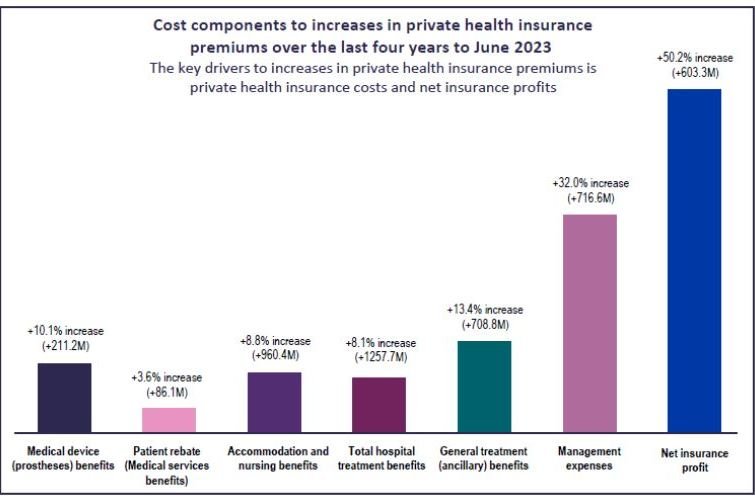The Royal Australian College of General Practitioners (RACGP) has urged the new federal Government to boost investment in general practice care.
From today, a Medicare Benefits Schedule (MBS) indexation increase of 1.6% will apply to most general medical services items, all diagnostic imaging services except nuclear medicine imaging, and some pathology items. Medicare indexation is currently calculated using the Wage Cost Index 5 method, which results in annual increases lower than the Consumer Price Index or CPI.
RACGP President Adj. Professor Karen Price said that the indexation increase was insufficient.
“The miserly 1.6% increase is yet another reminder of why a boost in investment for general practice care is sorely needed,” she said.
“The increase that comes into effect today does not accurately reflect high quality service provision of general practice care and the cost of living. To put it in perspective – and as we are all keenly aware every time we visit the supermarket or fill up our car – inflation is rising and the forecast for 2022 is for headline inflation of around 6 per cent. This really underscores how little difference a 1.6% increase will make.”
The RACGP President said that this was a long-term problem that needed to be urgently addressed.
“Even before we factor in inflation, the RACGP has warned for many years that the current indexation method is not good enough. It’s contributing to higher out-of-pocket costs for patients nation-wide,” she said.
“If practices are struggling to make ends meet due to Medicare rebates not keeping pace with the cost of providing high-quality care, they have little choice but to pass the cost on to patients. This, in turn, can lead to patients delaying or avoiding consultations and potentially even ending up in a hospital bed with a health concern that should have been seen to earlier by a GP.
“A better measure of indexation would ensure automatic price increases for patient rebates that fully reflect the rising costs of living and the cost of practices providing world-class medical care. We have a new Government and a new opportunity to make sure that Medicare rebates don’t result in patients missing out on the care they need.
“A continued failure to set patient rebates accurately coupled with years of zero or inappropriate indexation, means the 1 July rebate increase is little comfort to GPs and general practice teams. By boosting investment in general practice care, the Government can relieve pressure on the entire health system and significantly improve long-term patient health outcomes.
“In addition to changes to indexation, the RACGP also continues to call for a 10% increase to Medicare rebates for Level C consultations, which last at least 20 minutes, and Level D consultations, which last for at least 40 minutes, as well as introducing a new Medicare item for longer consultations lasting more than 60 minutes. This will allow GPs to spend more time with patients and really get to the bottom of what is going on, something that is especially helpful for people with multiple chronic conditions or mental health concerns. This week’s Census revealed some eight million people reporting a long-term health condition so the time to act is now.
“The solutions to improving our health system are right in front of us. We just need the conviction to follow through and deliver on the reforms that will make such a difference for patient care.”
The RACGP’s Vision for general practice and a sustainable healthcare system outlines a model of care that aims to address many of the nation’s long standing healthcare challenges. The economic benefits of implementing the Vision show that it is a sound return on investment.
~







